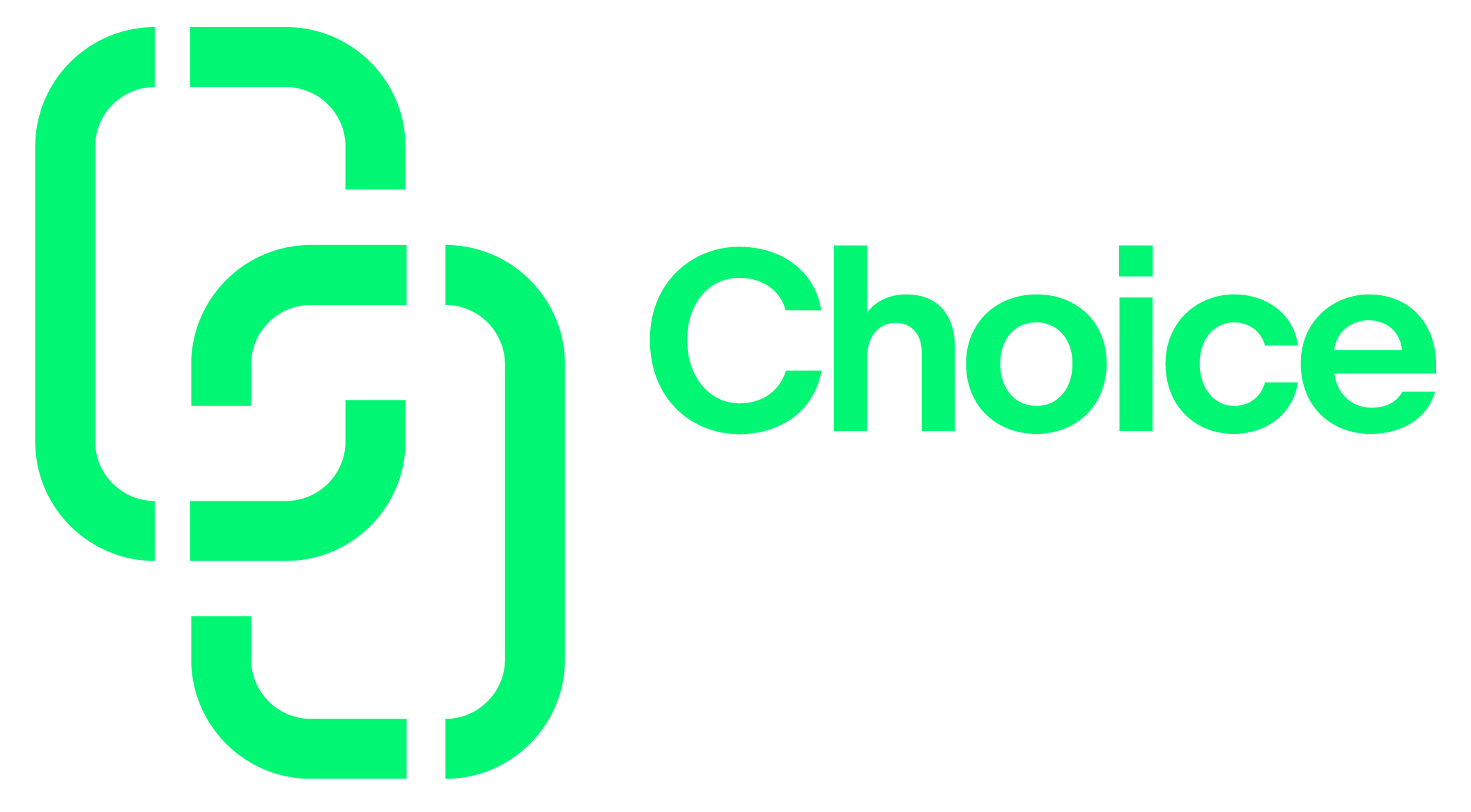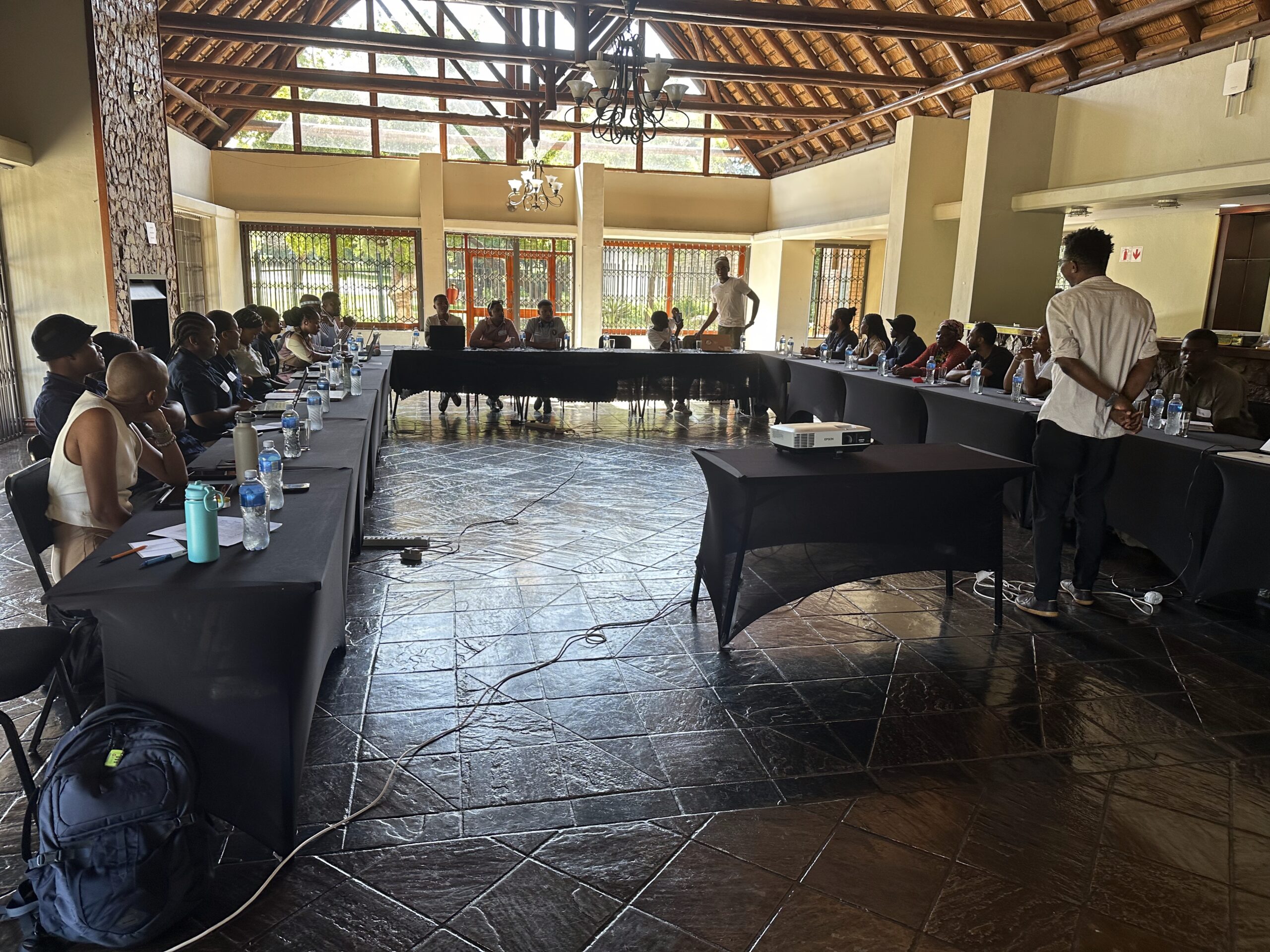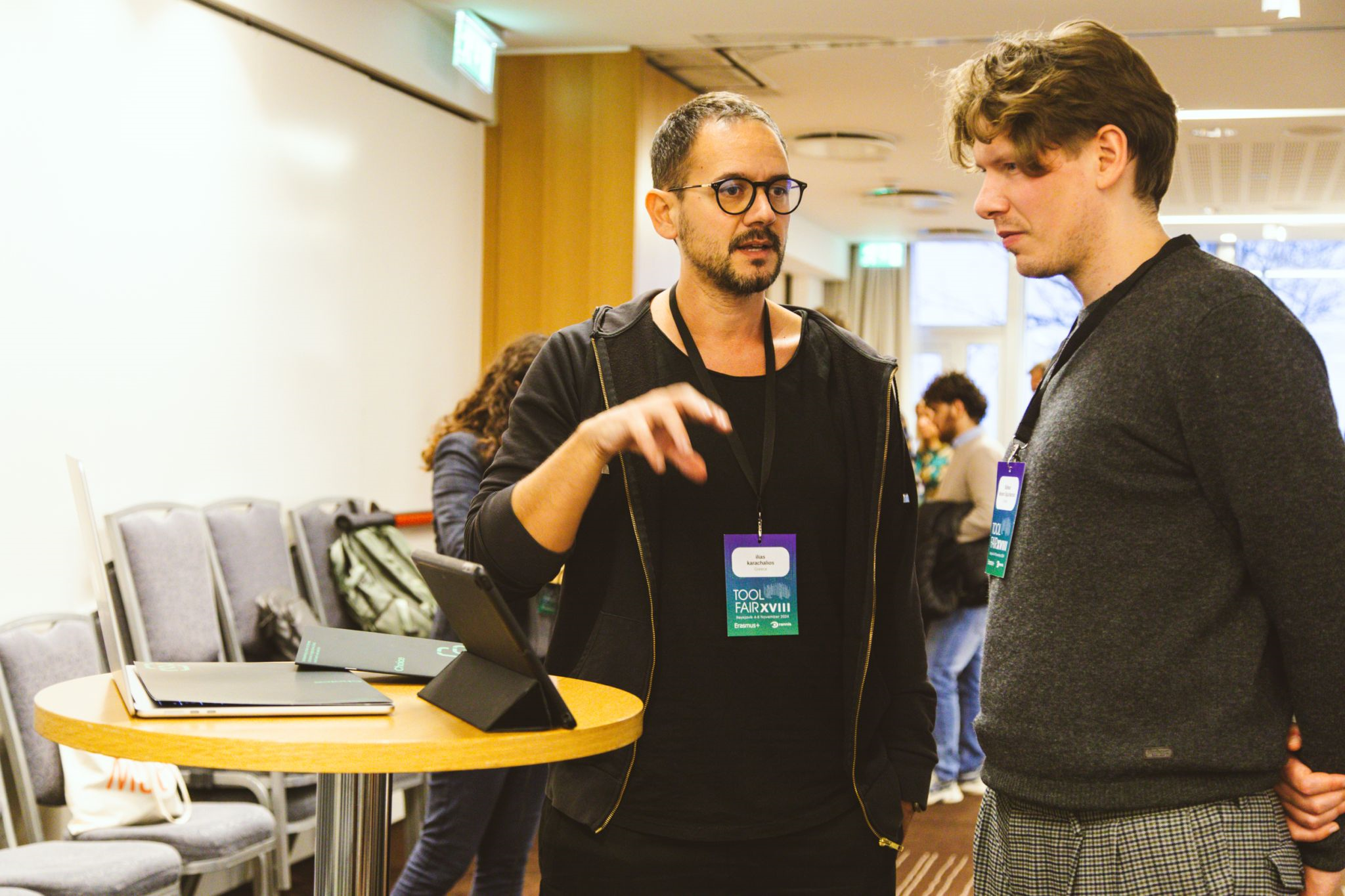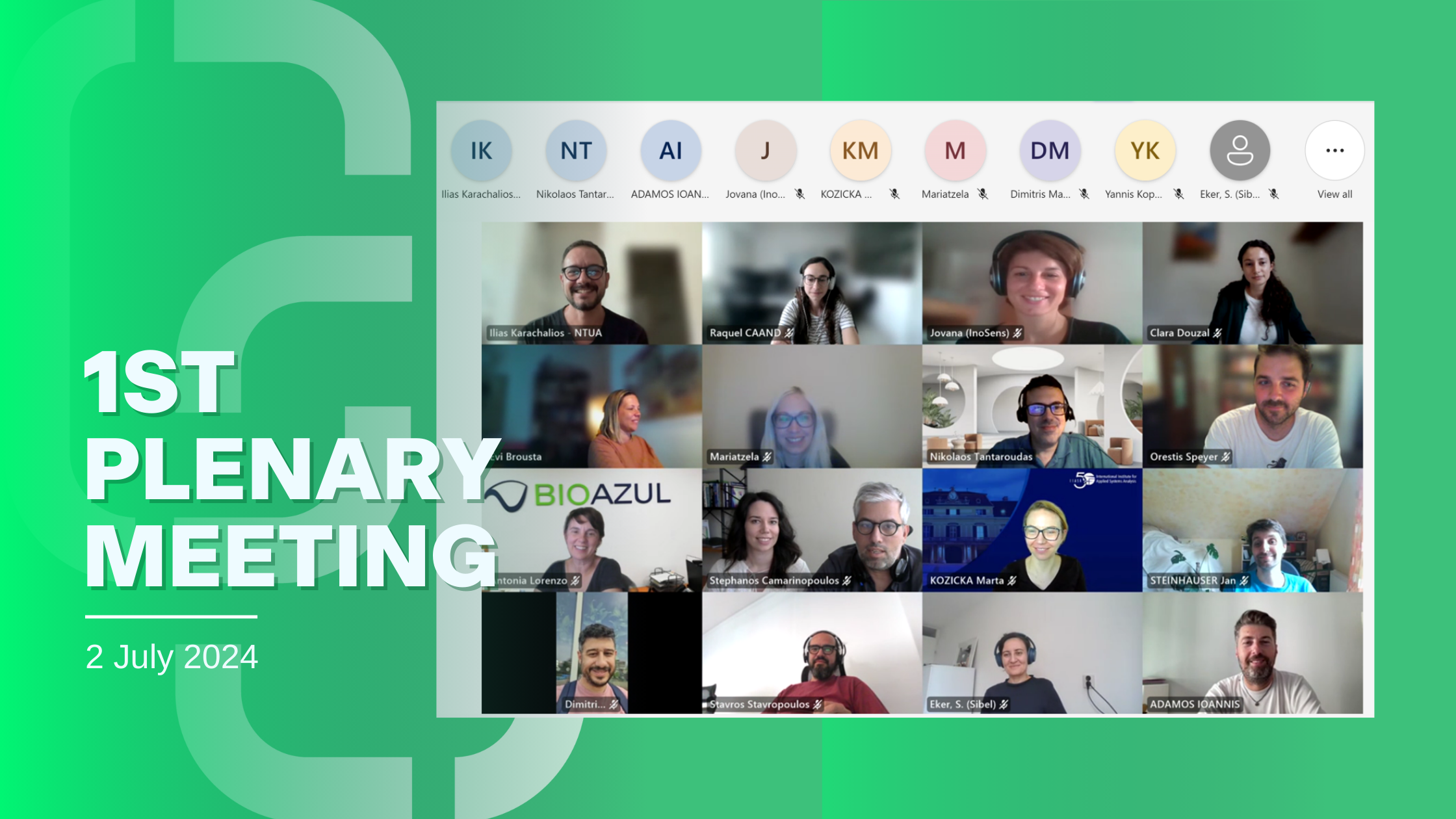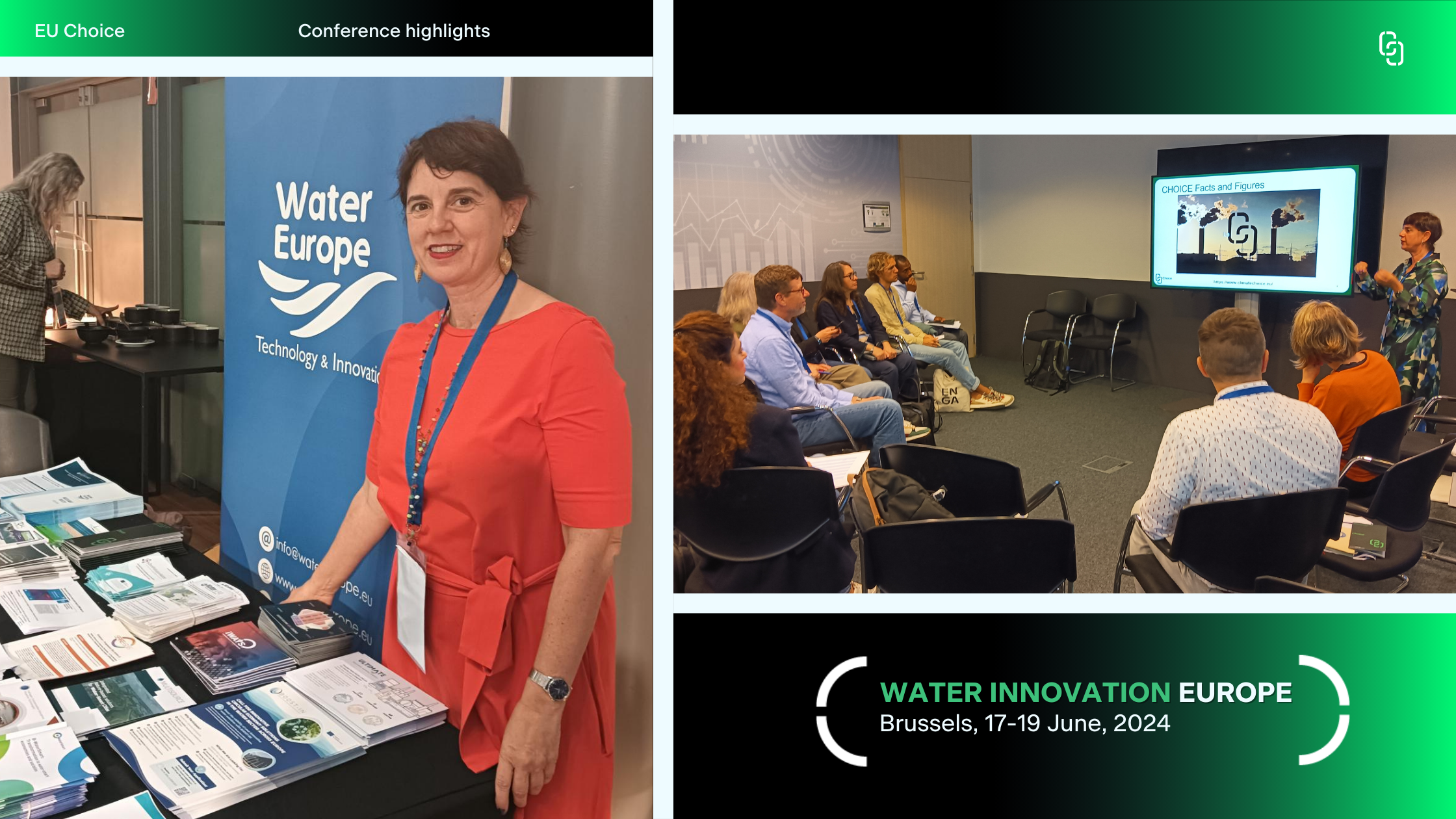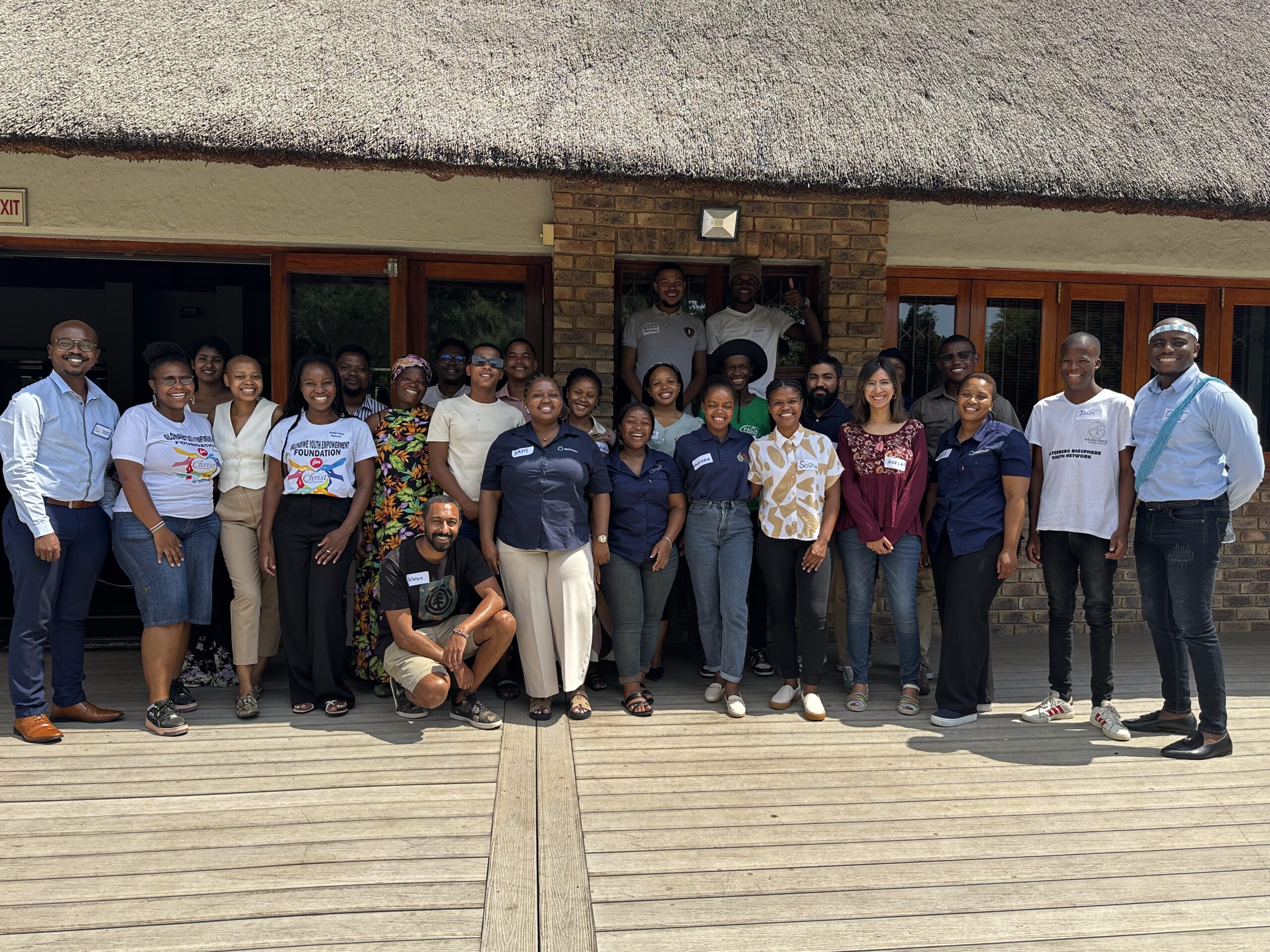
CHOICE’s South African Pilot Kicks Off with First Participatory Lab on Sustainable Diets
Introduction
CHOICE launched its first Participatory Lab for the South African pilot, bringing together 24 representatives from 15 youth organizations to explore how young people can drive the shift toward healthier, more sustainable diets and food waste reduction. Organized by the University of Pretoria, which leads the South African pilot, the session marked the beginning of a three-part series of participatory labs, with follow-up events scheduled for March 6 and April 3, 2025. The CHOICE African pilot seeks to engage youth networks as key change agents, recognizing their ability to shape food choices and influence broader societal shifts toward sustainability.
Understanding Food Choices Through Participatory Dialogue
The participatory lab began with an introduction to the CHOICE project, highlighting its role in integrating behavioral change and citizen engagement into Integrated Assessment Models (IAMs) to guide climate mitigation strategies in the food, land use and agriculture sectors. The South African pilot specifically focuses on addressing dietary habits, food security challenges, and food waste, given that 43% of the population faces food insecurity while 62% cannot afford a balanced diet.
During the Lab, the Youth Organisations’ representatives engaged in interactive discussions aimed at identifying key influences on youth food choices. Using the Three Horizons Framework, they examined current barriers, envisioned a sustainable future, and mapped out actions needed for transformation. The discussions emphasized the importance of locally grown food, urban agriculture, and stronger consumer-producer connections, while also addressing the barriers posed by economic inequality, fast food culture, and limited environmental awareness.
Developing Strategies for a More Sustainable Food Future
Through collaborative exercises, participants co-designed strategies to encourage healthier diets and more conscious food consumption. Ideas included integrating nutrition education into schools, using social media to raise awareness, creating community food hubs for fresh, local produce, and incentivizing sustainable food choices through reward programs.
The session also introduced CHOICE Experiments, where participants provided feedback on two behavioral scenarios: one exploring consumer willingness to buy imperfect but edible food to reduce waste, and another assessing openness to replacing animal-based proteins with plant-based alternatives. While there was strong support for tackling food waste, shifting toward more plant-based diets faced greater resistance, emphasizing the need for education and awareness around sustainable eating habits.
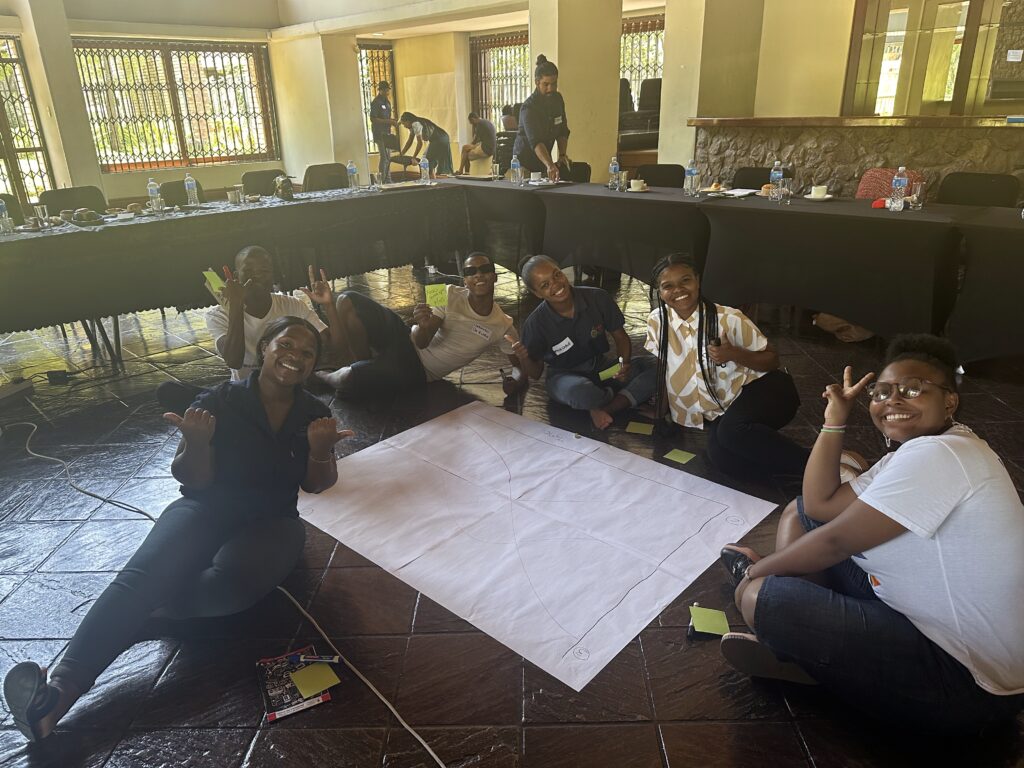
Next Steps for the South African Pilot
The success of the workshop was made possible through the participation of 15 youth organizations, including Youth 4 Marine Protected Areas, WILDTRUST/WILDOCEANS, Envirolove, The South African Food Sovereignty Campaign, Feed The Future, Silondiwe Youth Empowerment Foundation, and the South African Youth Biodiversity Network, among others. These groups play a crucial role in driving grassroots change, and their engagement in the South African Pilot lab series is expected to shape future sustainability campaigns and promote lasting behavioral shifts in food choices and waste reduction.
The insights gathered from this first lab will guide the upcoming Participatory Labs on March 6 and April 3, 2025, which will further refine the mental mapping of food choices, campaign strategies, and engagement tools. These discussions will lay the groundwork for the official launch of the South African Pilot Campaigns in August 2025, aiming to drive lasting change in food consumption and sustainability practices.
Learn more about the African Pilot pursuits (here) and stay tuned as CHOICE continues working with youth networks to shape a more sustainable and resilient food future in South Africa!
